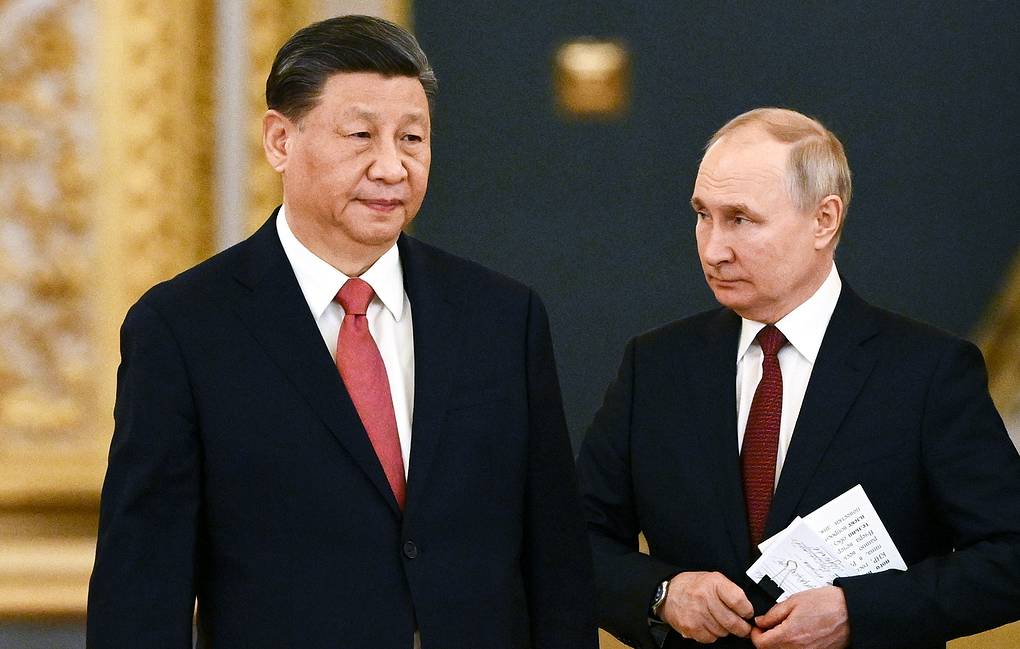Washington D.C., August 20: US Republican presidential candidate Vivek Ramaswamy is gaining significant traction among young Republican voters for the 2024 General election. In his frequent interactions, he has proposed a quid pro quo deal to resolve the Ukraine War, which involves preventing Ukraine’s entry into NATO in exchange for ending Putin’s alliance with China.
While some view this proposition as senseless and ill-informed, however, it reflects a RealPolitik understanding of geopolitics.
Even though Putin and Xi Jinping declared a “no limits” friendship in February 2020, the growing dependence on Beijing has created both opportunities and challenges for Moscow’s strategic interests.
Despite Western economic sanctions and a price cap on Russian crude oil, a record annual trade volume of $190 billion with China (mostly Russian oil and natural gas exports) in 2022 proved to be the savior of the Russian economy.
China’s open bashing of the West for fueling the Ukraine war and support for Russia on multilateral platforms such as the United Nations and the G20 have helped Putin maintain his aggressive stance on the war.
Though unconfirmed yet, China’s support with military equipment will be crucial for Russia to expand and consolidate its gains on the battlefield. Undoubtedly, Xi Jinping is proving to be Putin’s best buddy at this moment.
Although the sanctions have not hit Moscow as hard as the West had expected, the continuation of this war over an extended period has severely impacted the country’s economic and military capacity and further increased its dependence on Beijing.
Putin will also need Beijing’s support to end this war at a time that is convenient for him.
But the real worry for Putin starts here.
Despite Beijing’s growing economic power, Moscow has always been a ‘big brother’ in the partnership. But this war has changed the nature of the relationship, and now Moscow has turned into a ‘junior partner’.
And the real danger is that this growing dependence can culminate in Russia becoming a vassal state of China.
Although Chinese support is critical for Russia to secure the upper hand in the Ukraine war, Putin faces a real challenge in keeping that dependence within manageable bounds.
Both Moscow and Beijing have more strategic contradictions than commonalities.
To date, China’s official stance on the territorial disputes in Crimea and the Kuril Islands has not been favorable to Russia. At the same time, Russia does not join Chinese claims in the South China Sea and on the border with India and Mongolia, rather shows strategic neutrality.
Both nations went to war over a border dispute in 1969, and the rivalry between the two countries continued throughout the Cold War. Despite an agreement to settle the dispute over Vladivostok in 2005, Beijing challenged Moscow in February 2023 by again using Chinese names for eight cities and territories that the Russian Empire occupied in the late 19th and early 20th centuries.
This shows that China’s territorial dispute with Russia has opened a new front for future strategic confrontations.
The growing Chinese weight in Russia’s traditional sphere, i.e., Central Asia and Eastern Europe, is a real cause of concern for Putin. Moscow is also unhappy with Beijing’s attempt to take over the SCO and BRICS.
So, what solution does Putin have to respond to this strategic challenge of the ‘China dilemma’?
‘Not putting all our eggs in one basket’ may be the best way forward. Moscow must limit its dependence on Beijing and continue to focus on other strategic partners, sometimes even working with them, to counter Beijing on the necessary fronts.
This is where Russia’s other strategic partner, India, comes into play. The India-Russia partnership remains one of the most tested and complementary strategic partnerships in the world, excelling even in the most difficult times like today.
Over the past decades, Moscow has managed to maintain a strategic balance in its relations with New Delhi and Beijing. Although it is very difficult to maintain the balance this time, a partnership with India is essential for Russia to balance its dependency on China and manage its shrinking strategic space.
Whether it’s arms and energy trade, the de-dollarisation process, or overcoming Western sanctions, Moscow desperately needs New Delhi’s help, at par with Beijing’s.
India’s growing presence in Central Asia and Afghanistan does not challenge Russia’s strategic interests in the region but complements them. Moreover, both New Delhi and Moscow are working together to counter Beijing’s growing control within the SCO and BRICS.
It remains to be seen whether Putin will succeed in protecting Russia from China’s westward expansion while currently fighting a war to stop NATO’s eastward expansion; and whether there is an “India solution” to Putin’s ‘China dilemma.’






